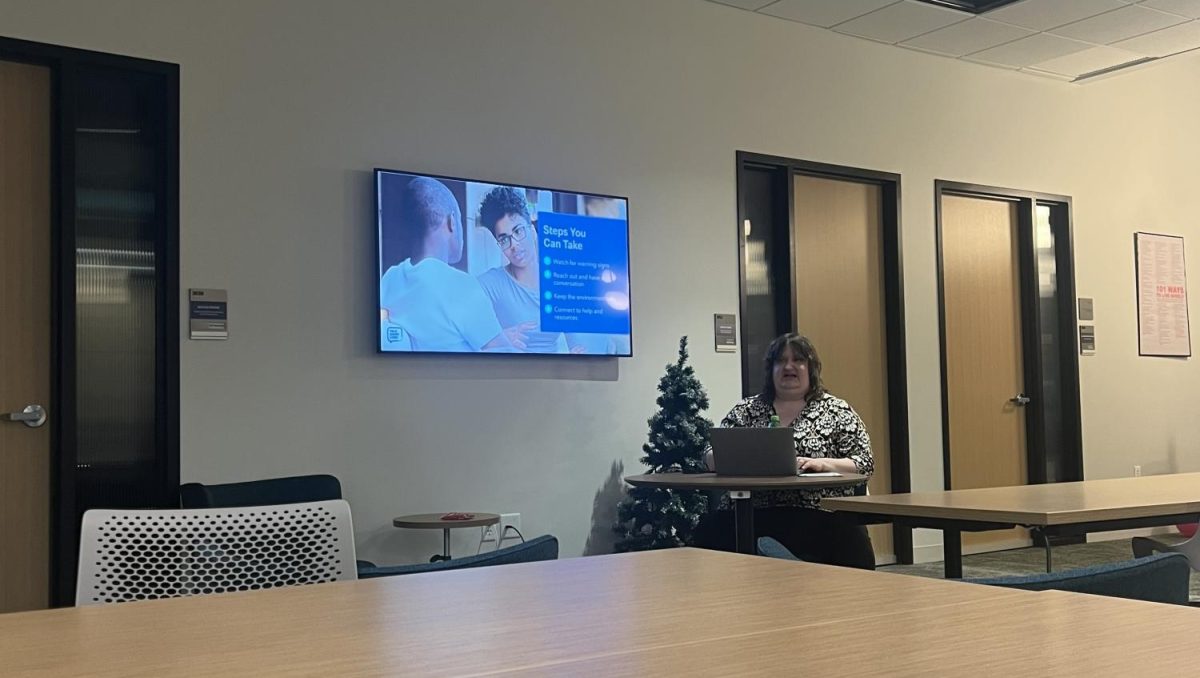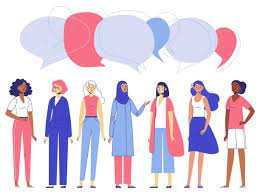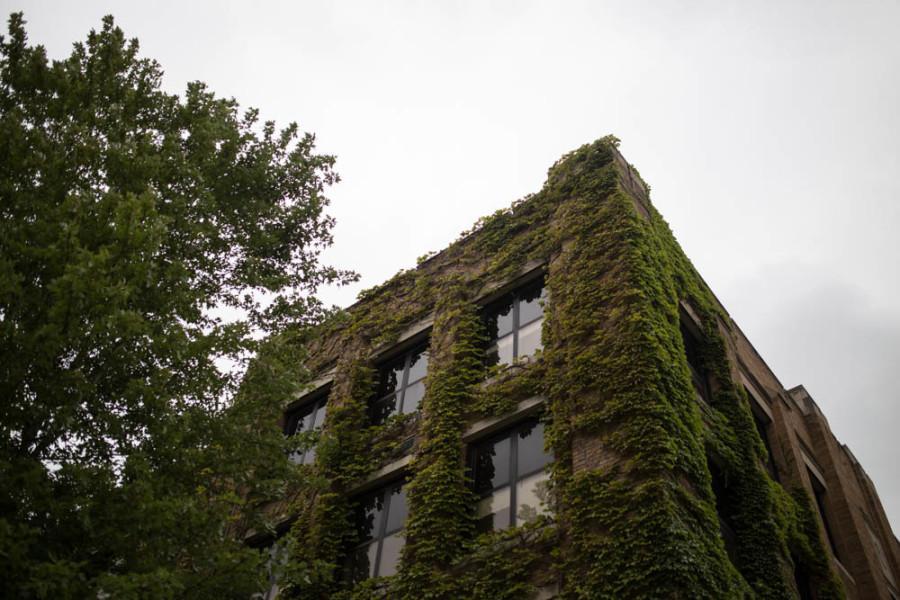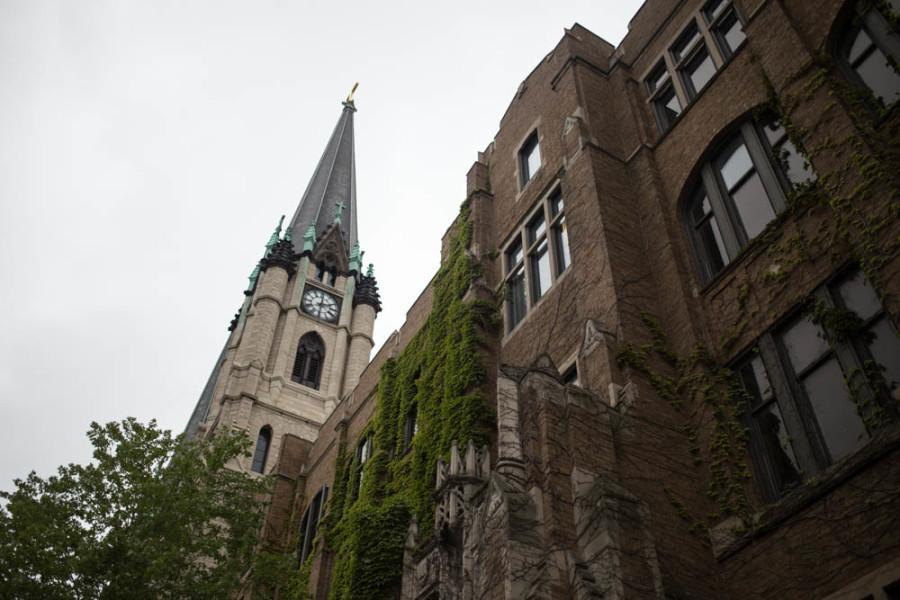Finals are a time of sacrifice and, for college students, sleep often takes a lower priority than getting in as many hours of studying as humanly possible.
In 2012, 47.1 percent of Marquette students reported that sleepiness interfered significantly with daytime activities – nearly four percent higher than the national average, according to the National College Health Assessment, conducted by the Marquette University Medical Clinic.
Researchers and health professionals have warned that skimping on hours of sleep can have significant detrimental effects on productivity and a person’s overall health. Jennifer Evans, an assistant professor in the department of biomedical sciences, researches circadian rhythms, the body’s 24-hour sleep-wake cycle, in her lab by working to understand people’s biological clocks.
“We know that most people need more sleep,” Evans said. “What do you do on Saturday morning; sleep in. This is your body telling you that you need to recover some sleep because you’ve lost it during the week. Your body is telling you that whatever schedule you have during the week is not the optimal one.”
Evans explained that there are two distinct processes that researchers are investigating: the circadian process (when your body says to sleep and when to wake up) and the sleep homeostat (which tells your body how much sleep it needs). Not getting enough sleep at the right times can lead to many side effects including, high blood pressure, diabetes, forgetfulness and inability to concentrate, according to the American Academy of Sleep Medicine.
A person’s need for sleep changes with their age, causing them to switch between being “larks,” or “early birds,” to “night owls,” Evans said. Young children are larks, up and about on Christmas morning, while teens are night owls due to the effects of puberty on the biological clock. Adults and the elderly become increasingly lark-like as they age.
The bodies of college-age students are making the transition back to being larks, but a heavy workload makes them go against what their body needs. Chronic sleep deprivation is a reality for many Marquette students, including Kelly Korek, a junior in the College of Education.
“I don’t have as much energy in class, so it’s easier to be bored or let my mind wander and not pay attention,” Korek said. “And then I don’t have as much motivation to do work outside of class.”
Korek said in high school she would have shorter spans of sleep deprivation. Her college workload results in her staying awake longer and more often. Like many other students, she relies on caffeine to stay up when she starts to doze off and tries to go to bed early to catch up on sleep. Unfortunately, the body’s clock is not very helpful in letting people get to bed early, due to the waxing and waning nature of the brain’s sleep needs.
“Trying to go to sleep early (to wake up early in the morning) is an exercise in futility,” Evans said. “Just like it’s hard to wake up early, it’s also hard to go to sleep early. In fact, one of the times of day that we’re most alert and least able to go to sleep is the hour or two right before we normally go to sleep.”
Research has found that chronic sleep debt is costing America millions in the long run.
The Harvard Business Review reported a study showing that sleep-related issues in productivity cost four surveyed companies $56 million a year. Evans emphasized that, along with lack of productivity, sleep deprivation results in higher healthcare costs, sick days, lateness and other lost time.
The habits that students form in college can stay with them as they enter into the workforce, continuing the endless cycle of what Evans describes as a society in which everyone is at least mildly sleep deprived. Prolonged shiftwork can have a detrimental effect on the body and mind, a reality that many healthcare professionals, custodians, emergency responders and other workers must face, along with other societal sleep snatchers.
“I feel like we struggle to sometimes make time for ourselves,” Korek said. “And sleep is always one of the first things to go. It would be nice if we could fix that as a society, but I don’t know how well that’s going to turn out.”







